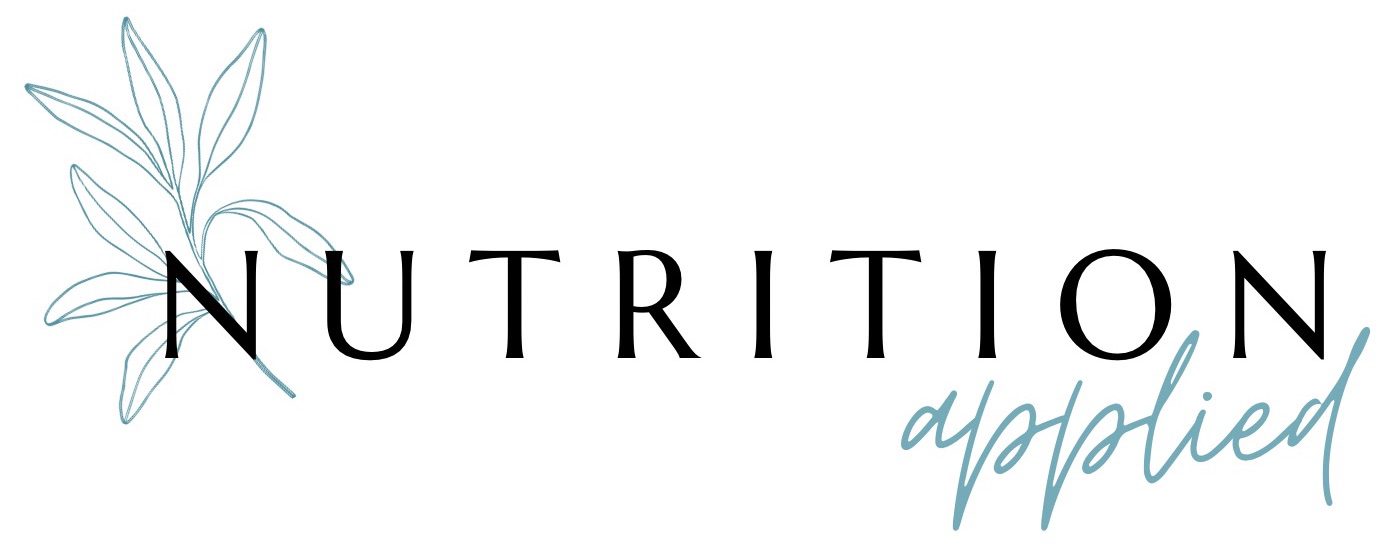
Seasonal Affective Disorder & Nutrition
Seasonal Affective Disorder, or SAD, is a type of depression that occurs at a specific time of year, usually during the autumn and winter months when there is less natural sunlight. Symptoms typically include depressed mood, fatigue, increased sleep, weight gain, social withdrawal and difficulty concentrating.
The exact cause of SAD is not fully understood, but it is thought to be related to a disruption in the body’s internal clock (circadian rhythm) and changes in the levels of certain neurotransmitters, such as serotonin and melatonin. Reduced exposure to natural sunlight, which can affect the body’s production of these chemicals, is believed to be a key factor.
Foods that can help
While no single food can cure SAD, a balanced diet rich in specific nutrients can help support mood and overall well-being. Here are some foods that may help:
Fatty Fish: e.g. salmon, mackerel, sardines, anchovies and trout, are excellent sources of omega-3 fatty acids which are known for their anti-inflammatory properties and their role in brain health. They may help regulate mood and reduce symptoms of depression.
Leafy Greens: e.g. spinach, kale, swiss chard, are rich in folate (vitamin B9) which is involved in the production of neurotransmitters like serotonin.
Nuts and Seeds: e.g. walnuts, flaxseeds, chia seeds are great sources of omega-3 fatty acids and magnesium which is involved in various biochemical processes related to mood and brain function.
Berries : e.g. blueberries and strawberries are rich in antioxidants which can help protect the brain from oxidative stress and vitamin C which is important for the production of neurotransmitters.
Beans and Legumes: e.g. chickpeas, lentils and beans are sources of complex carbohydrates, which can help stabilize blood sugar levels and provide a steady supply of energy. They also contain B vitamins like folate and vitamin B6, which are important for mood regulation.
Whole Grains: e.g. oats, brown rice and quinoa provide a steady release of energy and contain nutrients like magnesium and B vitamins that support overall mood and brain function.
Dark Chocolate: with a high cocoa content contains compounds that may have a positive impact on mood and reduce feelings of stress and anxiety.
Oranges and Citrus Fruits are rich in vitamin C, which is important for the synthesis of neurotransmitters like serotonin.
How else can we treat SAD naturally?
Treating SAD naturally involves a combination of lifestyle strategies, including:
Light Therapy: also known as phototherapy, which involves sitting in front of a special light box that emits bright, full-spectrum light. Light therapy can help regulate your body’s internal clock and improve mood.
Spend time outdoors during daylight hours: Exposure to natural sunlight, even on cloudy days, can help regulate your circadian rhythm and boost your mood. Take short walks, sit by a window, or engage in outdoor activities.
Regular Exercise: stimulates the release of endorphins, which are natural mood lifters. Aim for daily exercise, even if it’s a short daily walk.
Mindfulness and Meditation: can help reduce stress and improve overall mental well-being. Incorporate these practices into your daily routine.
Social Connections: Stay socially connected with friends and loved ones. Isolation can worsen SAD symptoms, so make an effort to maintain your social connections. Engage in activities that you enjoy with others.
Sleep Hygiene: Establish good sleep hygiene practices to ensure you get enough restful sleep. Maintain a regular sleep schedule, create a calming bedtime routine, and avoid caffeine and electronic devices close to bedtime.
Dietary Modifications: In addition to the nutrient-rich foods mentioned above, consider some dietary modifications:
- Limit Sugar and Processed Foods: Reduce your intake of sugary and highly processed foods, as they can lead to energy crashes and mood swings.
- Stay Hydrated: Dehydration can exacerbate feelings of fatigue and low energy.
- Moderate Caffeine: While some caffeine may provide a temporary energy boost, excessive caffeine intake can disrupt sleep and exacerbate anxiety.
Remember that SAD is a real medical condition, and it’s essential to consult with a healthcare professional for an accurate diagnosis and personalized treatment plan. Natural approaches can complement professional treatment but should not be used as a substitute for it.
